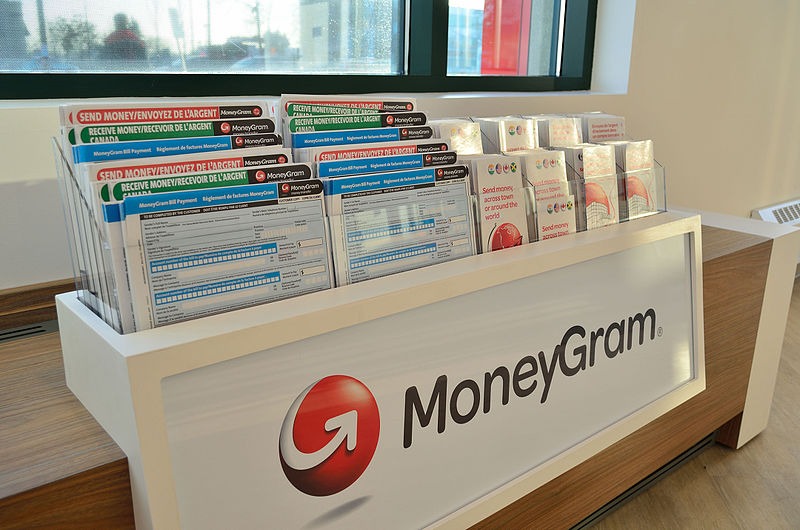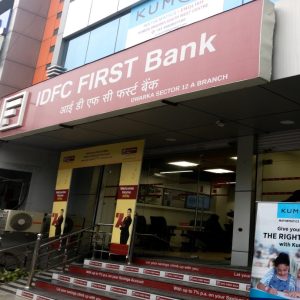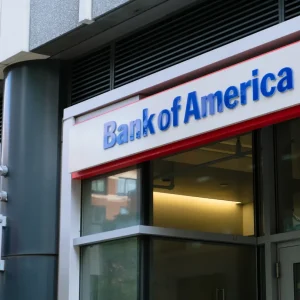
MoneyGram International, Inc. (NASDAQ: MGI), a global leader in cross-border P2P payments and money transfers, today announced a new partnership with Airtel Africa PLC, a leading provider of telecommunications and mobile money services with a presence in 14 countries across Africa.
The partnership enables Airtel Money’s 19 million customers to quickly and conveniently receive MoneyGram transfers directly into their mobile wallets from family and friends around the world.
Once Airtel Money customers receive the funds, they can be accessed immediately and used to pay utility bills, goods and services, transferred to other individuals, or converted to cash at any of Airtel Africa’s exclusive branches, kiosks and agents. The services will be enabled this year subject to local regulatory approvals.
“This partnership with Airtel will enable millions of consumers instant access to our global platform to receive money from over 200 countries & territories without having to even step outside,” said John Gely, Head of MoneyGram Africa. “We’re excited about how this customer-centric partnership with Airtel will expand our mobile wallet capabilities, build upon our strong momentum in Africa, and further accelerate our digital growth across the globe.”
MoneyGram is a leading remittance provider in Africa and this partnership is in line with the strategic imperatives of both companies as Airtel focuses on expanding the breadth of its offerings, launching international partnerships to connect millions of people to the global economy and driving money flows into the continent.
“We are delighted to work with MoneyGram to provide millions of customers with fast, secure and convenient options to receive and send money as well as access their funds from a vast distribution of exclusive kiosks, agents and branches at their convenience,” said Raghunath Mandava, CEO of Airtel Africa. “This is a significant step forward in our ambition to transform lives through greater financial inclusion and empowerment across the continent. Maximizing access to global remittances is a key part of this – even more so given the disruption and economic hardship faced by many because of the COVID-19 pandemic.”






